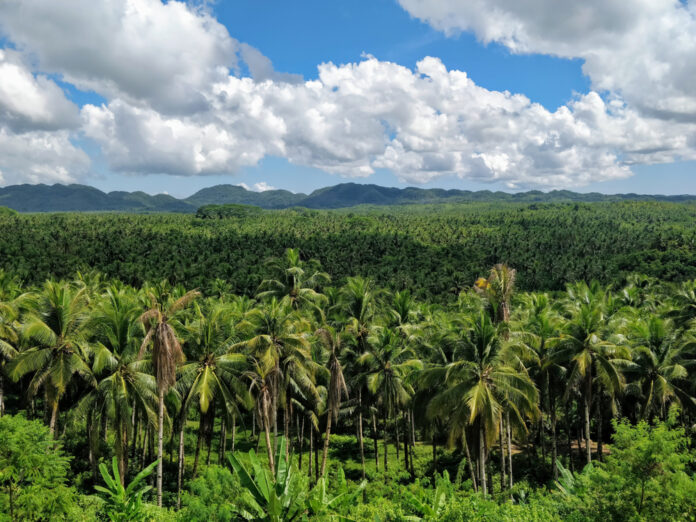The Federation of Free Farmers (FFF) is urging the Department of Finance (DOF) to appoint a panel of coconut farmer representatives helping guide members of the Trust Fund Management Committee (TFMC) managing the coconut levy funds.
This, the FFF said, is important given that the TFMC decides how the fund and its assets are managed following the enactment of the Coconut Farmers and Industry Trust Fund Act of 2021 under Republic Act 11524.
At the moment, the TFMC consists of the Secretary of Finance as chairman and fund manager with the Secretaries of Justice (DOJ) and of Budget and Management as members.
“The TFMC decides on the disposition of coconut levy funds and assets. It also determines the annual allocation from the P100 billion trust fund for the various projects and support services extended to coconut farmers and their organizations,” said Leonardo Montemayor, FFF chairman, in a statement.
This developed in the wake of a recent DOJ opinion saying that dividends and other proceeds from coconut levy assets be remitted directly to the trust fund established by RA 11524 instead of to the national government.
The DOJ had said the ruling also applies to the United Coconut Chemicals Inc. and the Coconut Industry Investment Fund-Oil Mills Group.
Montemayor said the capital funds of the two companies were sourced from the coconut levy extracted from farmers between 1973 and 1982.
He also said that in 2021 several groups also asked then DOF Secretary Carlos Dominguez III to include a council of coconut producers’ representatives at the TFMC which was rejected.
More recently, the Department of Agriculture (DA) said it will pursue a coconut replanting program to boost production of the sector that accounts for roughly a third of the country’s agricultural exports.
Agriculture Secretary Francisco Tiu Laurel Jr. has recognized the need to increase sector productivity via the cultivation of quality planting materials like hybrid coconut and varieties with superior traits.
The DA said the Philippines is the second largest coconut producer next to Indonesia but exports more of commodity, shipping around 70 percent of its output overseas that includes crude and refined coconut oil, desiccated coconut, copra meal and coconut water.
But even then, the industry continues to suffer from declining farm yield that started in 2010 due to infestation and weather disruptions, low investments, limited research and development and poor infrastructure.







